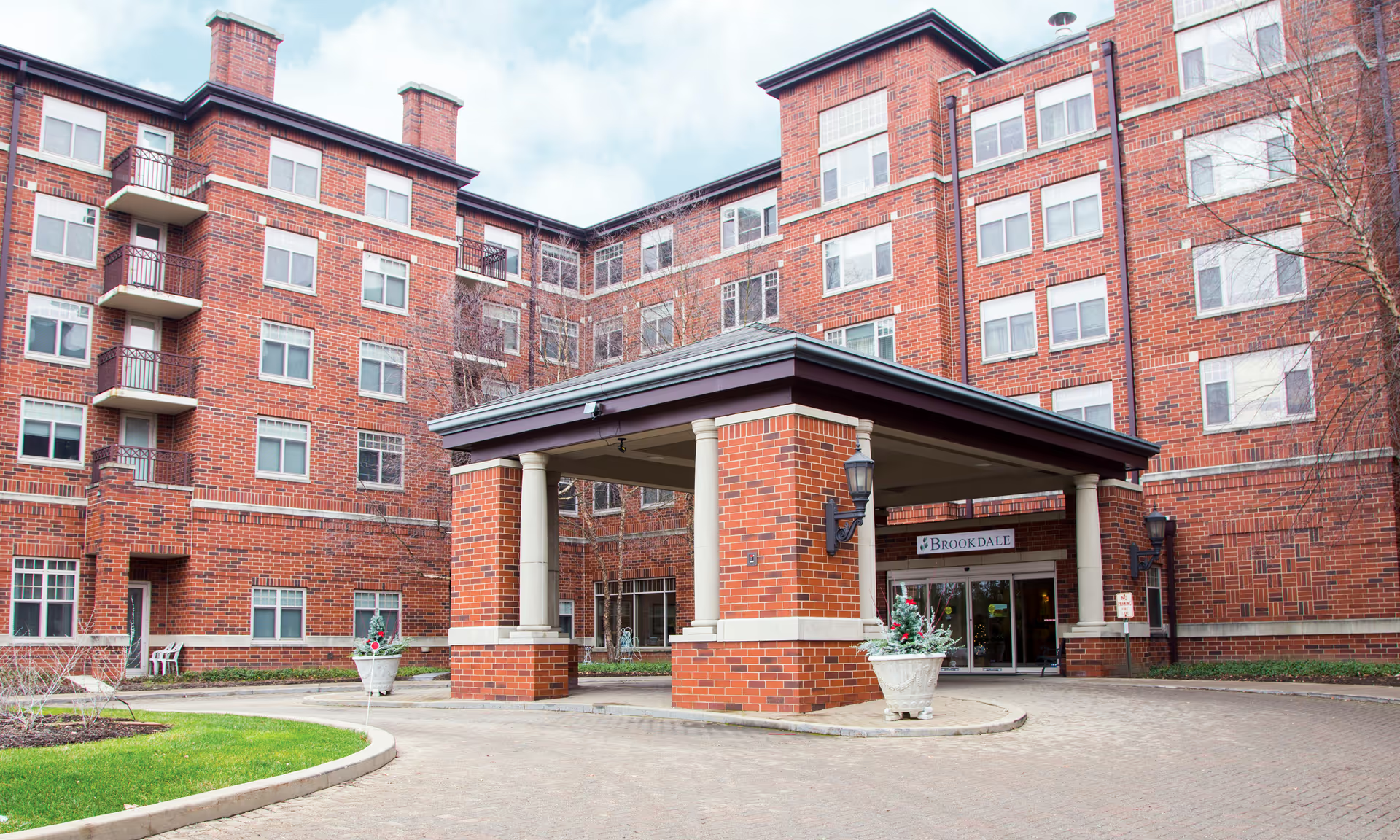The reviews present a mixed but concerning picture of Beavercreek Health And Rehab. Multiple reviewers consistently praise the physical plant: it is described as brand new, clean, not crowded, and having attractive, private and shared room options. Several comments highlight that rooms are “amazing,” the facility overall is high in cleanliness, and the environment feels modern and well-maintained. These aspects are clear strengths and are frequently cited by those who had positive impressions.
Despite the favorable impressions of the facility itself, there is a strong and recurring theme of inconsistent and often poor care quality. Some reviewers reported that staff were upbeat, friendly, and knew patients by name and that high-level care was provided in certain instances. However, an equal or greater number of reviews report the opposite: aides and nurses described as unresponsive, undertrained, overworked, or incompetent. Short staffing—particularly on weekends—is a repeated concern and appears to be linked to many downstream problems, including delayed responses to call lights, unmet needs, and general lapses in basic care.
Clinical and safety issues are among the most serious themes. Multiple reviews allege medication management problems, including reports of overmedication, undermedication, and incorrect or inappropriate medications being given. There are also reports of violations of patients' rights and lapses such as missing patient clothing and poor record-keeping. A specific safety concern mentioned is the lack of bed rails and troubles with air mattresses, which reviewers felt posed a risk to vulnerable residents. Together, these items indicate both potential clinical oversight failures and operational weaknesses in documentation and accountability.
Food and activities are additional areas of dissatisfaction for several reviewers. The dining offerings are described as unappealing with limited choices, and some reviewers explicitly call the food “bad.” Activities programming is criticized as insufficient, with reports of frequent cancellations and a lack of engaging options. These deficiencies contribute to a diminished quality of life for residents beyond clinical care concerns.
Management and operational follow-through appear to be inconsistent. Reviewers note poor follow-through, spotty record-keeping, and general administrative lapses. The coexistence of reports praising individual staff members and reports documenting systemic failures suggests variability—some staff may provide excellent, personalized care while facility-wide processes, staffing levels, and training are inadequate to ensure consistent standards across shifts and patients.
Overall sentiment is mixed but leans toward concern: the facility’s physical environment and cleanliness are clear positives, but recurring, serious complaints about staffing, clinical care (notably medication issues), patient safety, and daily living services (dining and activities) temper those positives. For prospective residents and families, the reviews indicate that while the building and rooms are attractive, the quality and consistency of direct care and oversight may vary significantly depending on staffing and management practices. Addressing staffing stability (including weekend coverage), strengthening medication administration and documentation processes, improving activities and dining options, and resolving the specific safety concerns mentioned would be the key areas to target to bring the facility’s operational performance in line with its strong physical environment.







